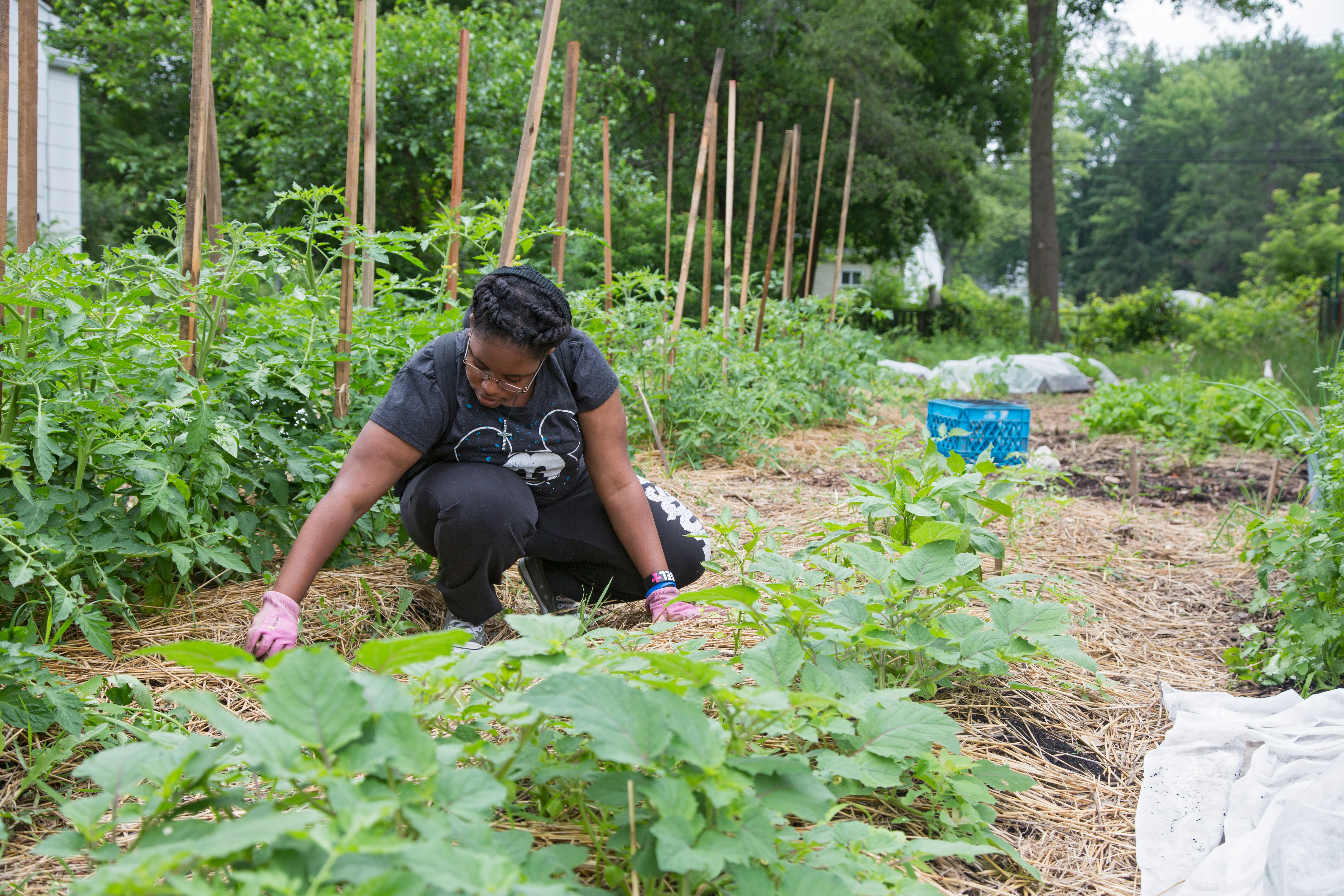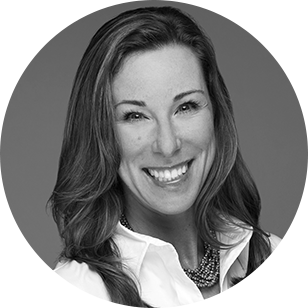The ridiculous hoops we make college applicants jump through
Sometimes, urging college applicants into public service is a bad thing


A free daily email with the biggest news stories of the day – and the best features from TheWeek.com
You are now subscribed
Your newsletter sign-up was successful
"Can you sign off on my hours?"
The young woman in front of me on the dusty trailhead could have been any one of the thousands of students with whom it has been my privilege to interact over the year. Intelligent and eager, full of vivacity and hope, this young second-generation immigrant had great ideas and ideals, as well as a transcript full of "A"s and Ivy League aspirations.
She wasn't privileged in the traditional sense, but she's smart, strong, and bold. In the summer between her junior and senior years of high school, this young woman had researched dozens of colleges and drafted most of the essays she would need to apply to her schools of choice, hoping at least one might choose her as well.
The Week
Escape your echo chamber. Get the facts behind the news, plus analysis from multiple perspectives.

Sign up for The Week's Free Newsletters
From our morning news briefing to a weekly Good News Newsletter, get the best of The Week delivered directly to your inbox.
From our morning news briefing to a weekly Good News Newsletter, get the best of The Week delivered directly to your inbox.
Did I mention she was a flautist? Yes. There was that. This girl played the flute like a veritable Pan. She could coax water out of rocks and tears out of the hardest warrior. Forget "10,000 hours" and the expertise slick promiseers offer those who practice long and hard enough; this girl was a born musician, a virtuosa. Her skill on her chosen instrument had as much to do with an inborn gift of her soul as the many, many (much more than 10,000) hours she spent practicing.
And now she had blisters on her fingers.
After clearing brush for the requisite hours she was asking me to "sign off" on, I looked at those blisters with a pang in my heart as I dutifully signed the iPad she had held in front of me. (Four hours, clearing brush. Check. Damaged flautist. Double check. Darn.)
I wondered that day — and I have since — how this magnificent young artist managed to practice her art in the days to come, with such delicate hands mangled by wielding a weed-whacker in the hot southern California sun.
A free daily email with the biggest news stories of the day – and the best features from TheWeek.com
It was wrong. She wasn't a hiker. She wasn't a naturalist. She was a musician, with a unique talent.
But current standards of college admission — the standards by which so many of our young people judge themselves and the lives they hope to lead — mandate a certain number of "service hours" dedicated to the common good. And the student in question, spurred by college counselors hoping for a matriculation, looked at a list of qualified service opportunities and chose one that worked in between her exhaustive studies and practice schedules. Thus she landed on me, and my "pet" trail in the southern California backcountry.
We cleared a lot of brush that day. I loved the work. I didn't mind the heat. But the little flautist suffered. The work was not suited to her physique, nor her temperament.
She hung in, but it was tough. At the end of the day, there were those blisters. I felt horrible about that, even as I signed her iPad, confirming the hours she had spent in "public service."
This is but one example. And of course, so many students have it so much harder than this flautist. But her experience is illustrative of a larger problem: We are making college applicants jump through a number of ridiculous hoops that are often absurdly ill-suited to what they actually need.
Somehow, at the tender age of 16, 17, or 18, they are expected to be critical scholars AND outstanding athletes AND skilled artists AND public servants. Most of the students I know fit at least one of these criteria; many fit two or more. None fits them all.
So they fake it. And that's just not right.
How is a flautist who creates life-soothing music or the soccer player who evokes the brilliance of human physical evolution or the young math student who might just equate our way out of global warming somehow less worthy of college matriculation because she or he hasn't volunteered the requisite number of hours at some pre-ordained organization?
We parents and educators are about to embark upon yet another school year. Our young people will be looking to us to set examples and sensitively guide them upon paths suited to their own inclinations and abilities. As our children (and we) consider "public service" — and we all should — let us look to those selfless examples of folks who experience a true calling to the betterment of all.
Let's not ask them to "sign off" on hours, or make themselves unhappy or uncomfortable, on behalf of a cause. Service — public service — is a calling. Let's allow our young people to experience it — or not — according to their own hearts and minds.
Leslie Turnbull is a Harvard-educated anthropologist with over 20 years' experience as a development officer and consultant. She cares for three children, two dogs, and one husband. When not sticking her nose into other peoples' business, she enjoys surfing, cooking, and writing (often bad) poetry.
